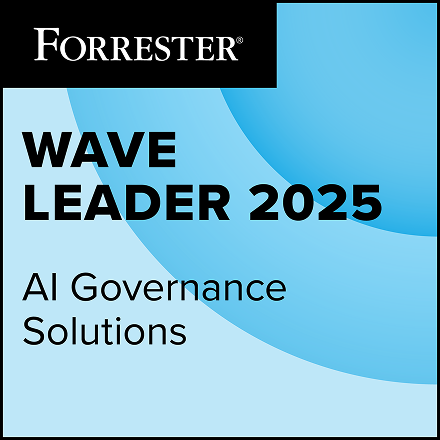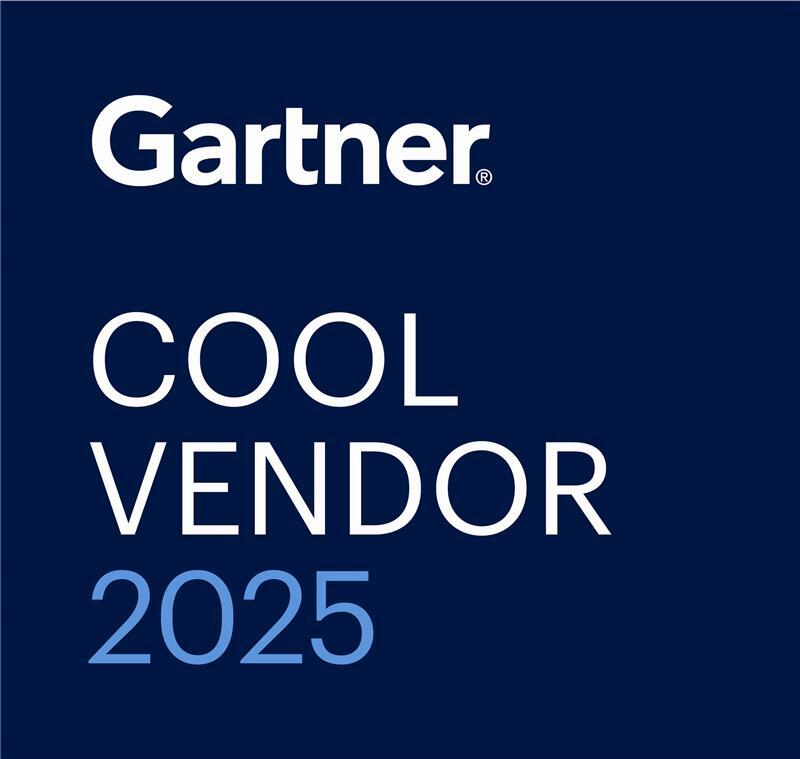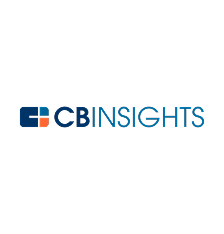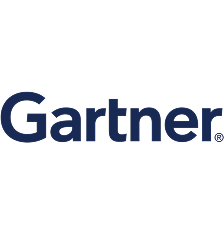✨
Credo AI Named a Leader in the Forrester Wave™: AI Governance Solutions, Q3 2025
Read More
✨
Credo AI mentioned in Gartner®'s new Market Guide for AI Governance Platforms (2025) report.
Read the Gartner Insight
✨
Credo AI Named a Leader in the Forrester Wave™: AI Governance Solutions, Q3 2025
Read More
✨
Credo AI mentioned in Gartner®'s new Market Guide for AI Governance Platforms (2025) report.
Read the Gartner Insight
✨
Credo AI Named a Leader in the Forrester Wave™: AI Governance Solutions, Q3 2025
Read More
✨
Credo AI mentioned in Gartner®'s new Market Guide for AI Governance Platforms (2025) report.
Read the Gartner Insight
✨
Credo AI Named a Leader in the Forrester Wave™: AI Governance Solutions, Q3 2025
Read More
✨
Credo AI mentioned in Gartner®'s new Market Guide for AI Governance Platforms (2025) report.
Read the Gartner Insight











